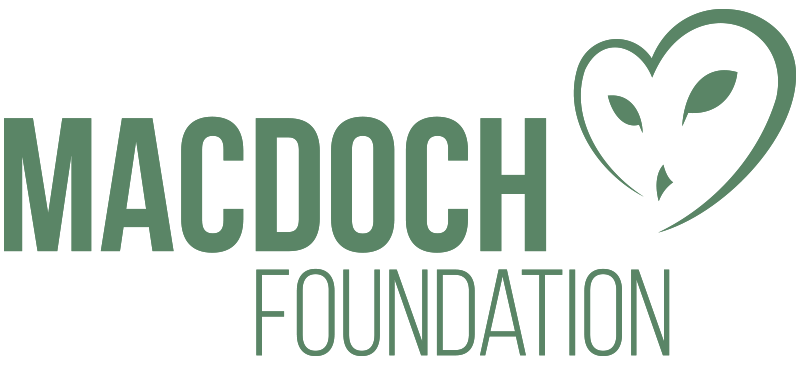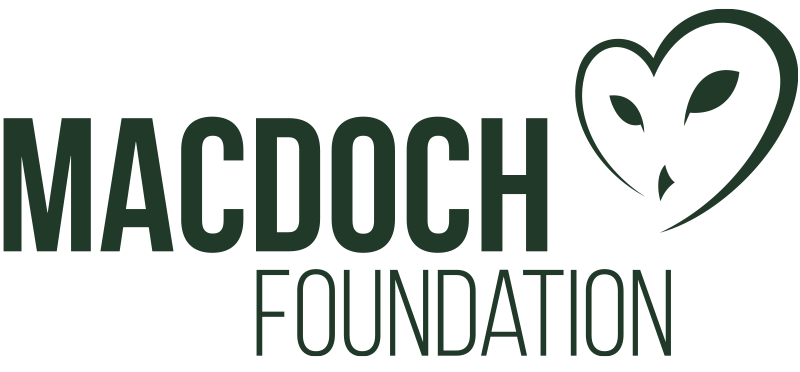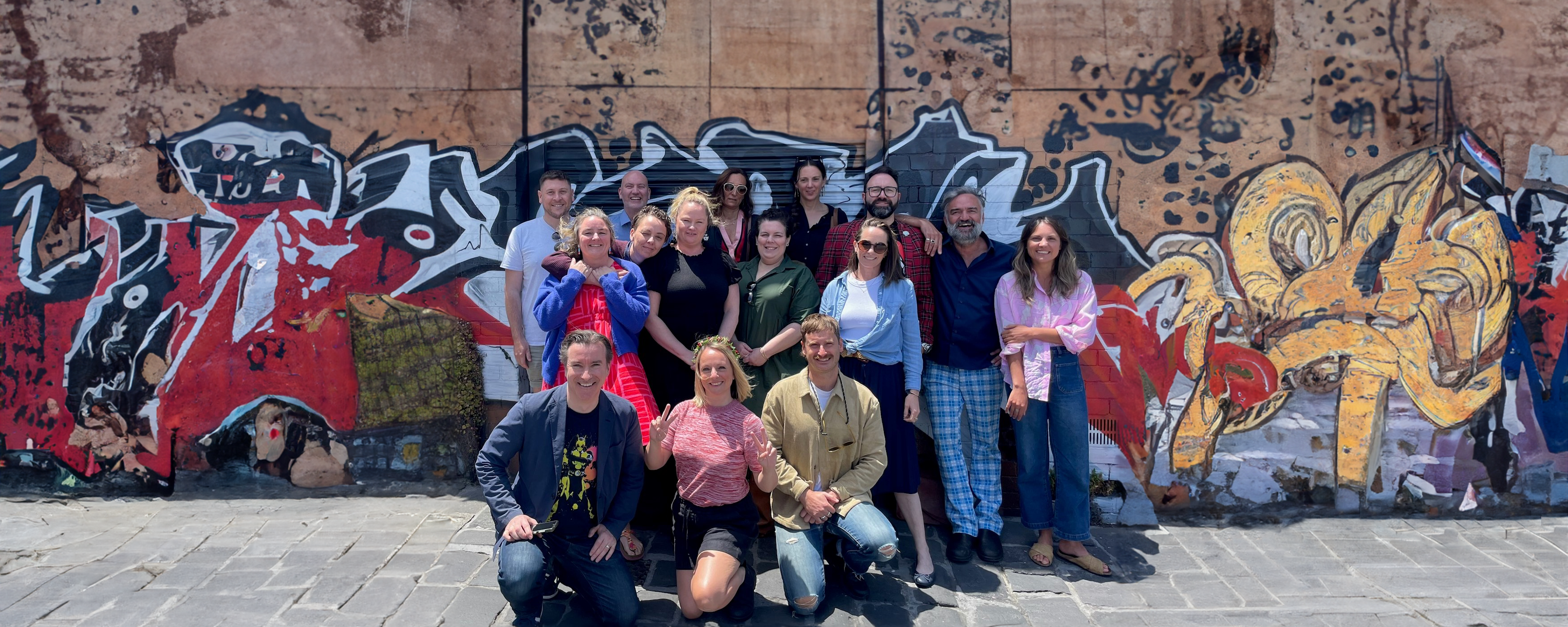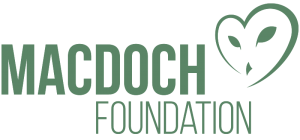It was 18 years ago in Antarctica that the penny dropped for Cool Australia founder, Jason Kimberley.
Witnessing firsthand the fragility of our environment and ecosystems, he returned home to Melbourne motivated to do something. Starting conversations with his children’s schoolteachers, he quickly uncovered a chronic lack of quality, accessible resources, and support for teachers in their efforts to educate students about the environment.
Without time to upskill themselves in relevant, current climate science, let alone fashion that knowledge into appropriate lessons for students, teachers told Jason that important issues were being left out of the classroom.
Research supports this, showing 76% of Australian teachers find their workloads unmanageable, and 45% work outside their area of expertise. 58% intend to leave the profession due to administrative burden.
This situation was the catalyst for Cool Australia. Officially launched in 2008, today Cool develops and delivers free online, curriculum-aligned resources across social, environmental, and economic sustainability topics to a community of 200,000 educators and 3.2 million students.
Across Early Learning, Primary and Secondary education, Cool’s mission is to enable teachers and parents to be the best educators they can be. It works both independently and in partnership with leading environmental and social organisations to create engaging, understandable, and practical learning resources for its members, and it’s working.
In 2020 teachers reported that across Cool students, there was a:
98
97
96
93
Originally focused on environmental resources alone, Cool today develops learning resources across all subject areas including STEM, enterprise skills, mental health, and wellbeing.
Recently, Cool partnered with Bluey to create resources for early and primary students around social and emotional learning. It also developed learning resources about the life-changing impacts of organ and tissue donation in partnership with the Australian Organ and Tissue Authority, and the and pros and cons of an opt-in or opt-out system.
Tackling difficult and sensitive topics like this, Cool ensures resources are developed in partnership with psychologists so the end product is a topic that helps teachers handle diverse cultural and emotional reactions from students in an appropriate way.
Cool is about to go global as well, and is on the cusp of an internationally focused rebrand to Cool.org
In partnership with the Macdoch Foundation, Cool is today developing a Regenerative Farming and Food Sustainability Education Program for school children, designed to showcase both urban and rural success stories from the early adopters of regenerative practices, and build a greater understanding of what regenerative agriculture is and how it plays a part in meeting our climate, nature and food systems challenges.
With agriculture, forestry, and land use accounting for 18.4% of global GHG emissions, and no resources for educators covering current regenerative farming practices, Cool is working to bridge this gap.
To learn more about Cool Australia, visit the website.
